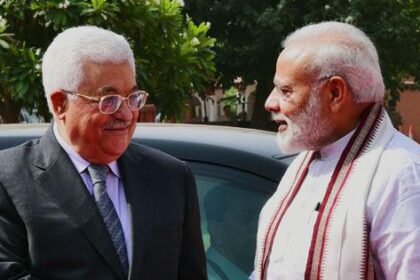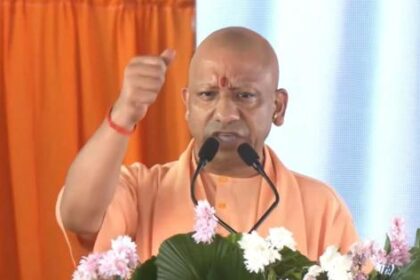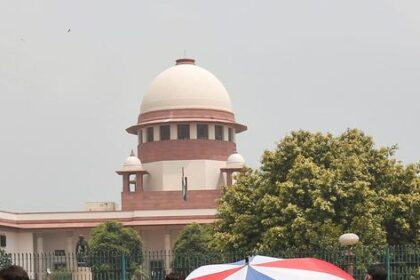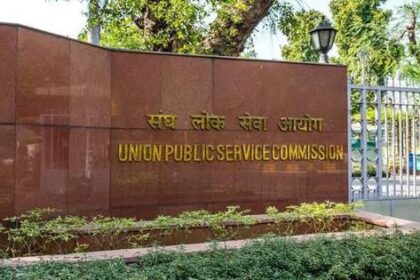Congress counters PM Modi’s statements about RSS’s role during India’s independence movement.
During an event commemorating the centenary of the Rashtriya Swayamsevak Sangh (RSS), Prime Minister Narendra Modi asserted that several members of the organization, including its founder K.B. Hedgewar, were imprisoned during India’s struggle for independence. Modi emphasized that the RSS has consistently remained non-bitter despite enduring various bans and conspiracies throughout its history.
In his remarks, Modi highlighted the RSS’s contributions since its inception in 1925, describing its 100-year journey as an extraordinary example of sacrifice, selfless service, nation-building, and discipline. He noted, “It is the fortune of the volunteers of our generation that we have the opportunity to witness a great occasion like the centenary year of the Sangh.” Modi claimed that the RSS not only participated in the freedom movement but also provided shelter to numerous freedom fighters, specifically mentioning instances in Maharashtra during the agitation in 1942.
Moreover, he pointed out that the RSS faced challenges even after India gained independence, including oppression from the Nizams of Hyderabad and during the liberation of Goa and Dadra and Nagar Haveli. He stated that there were numerous attempts to suppress the RSS and keep it from entering the mainstream. Throughout these challenges, he claimed the RSS maintained a stance of non-belligerence, stating, “It was never bitter against anyone.”
In conjunction with his speech, Modi unveiled a special postage stamp and commemorative coin to celebrate the centenary of the RSS. However, the Congress party responded to the Prime Minister’s claims, labeling them as false. Congress representatives accused the RSS of collaborating with British authorities during the Quit India Movement, asserting that its leaders did not face imprisonment nor were they banned by the British during the independence struggle.
The Congress further argued that while the nation was rising against colonial rule in 1942, the RSS allegedly assisted the British in suppressing the movement. The party characterized the RSS as a divisive organization that historically called prominent freedom fighters like Mahatma Gandhi and Bhagat Singh anarchists and worked in favor of British rule. They contended that the RSS has played a role in creating communal divides, contributing to the partition of India, and that its legacy includes a stained history linked to the assassination of Mahatma Gandhi by a former RSS member.
According to the Congress, the RSS has not positively impacted the country since its formation, claiming it has only caused harm. They criticized the current governance by individuals associated with the RSS, questioning how social, political, and economic justice could be expected from those advocating for traditional texts like the Manusmriti over the Constitution.
In concluding remarks, the Congress party stated that the RSS is the root of many issues facing the country today. They expressed that a cessation of the organization’s divisive actions would alleviate numerous societal problems, underscoring their belief that the RSS’s agenda remains focused on seizing power by inciting tensions between communities.








